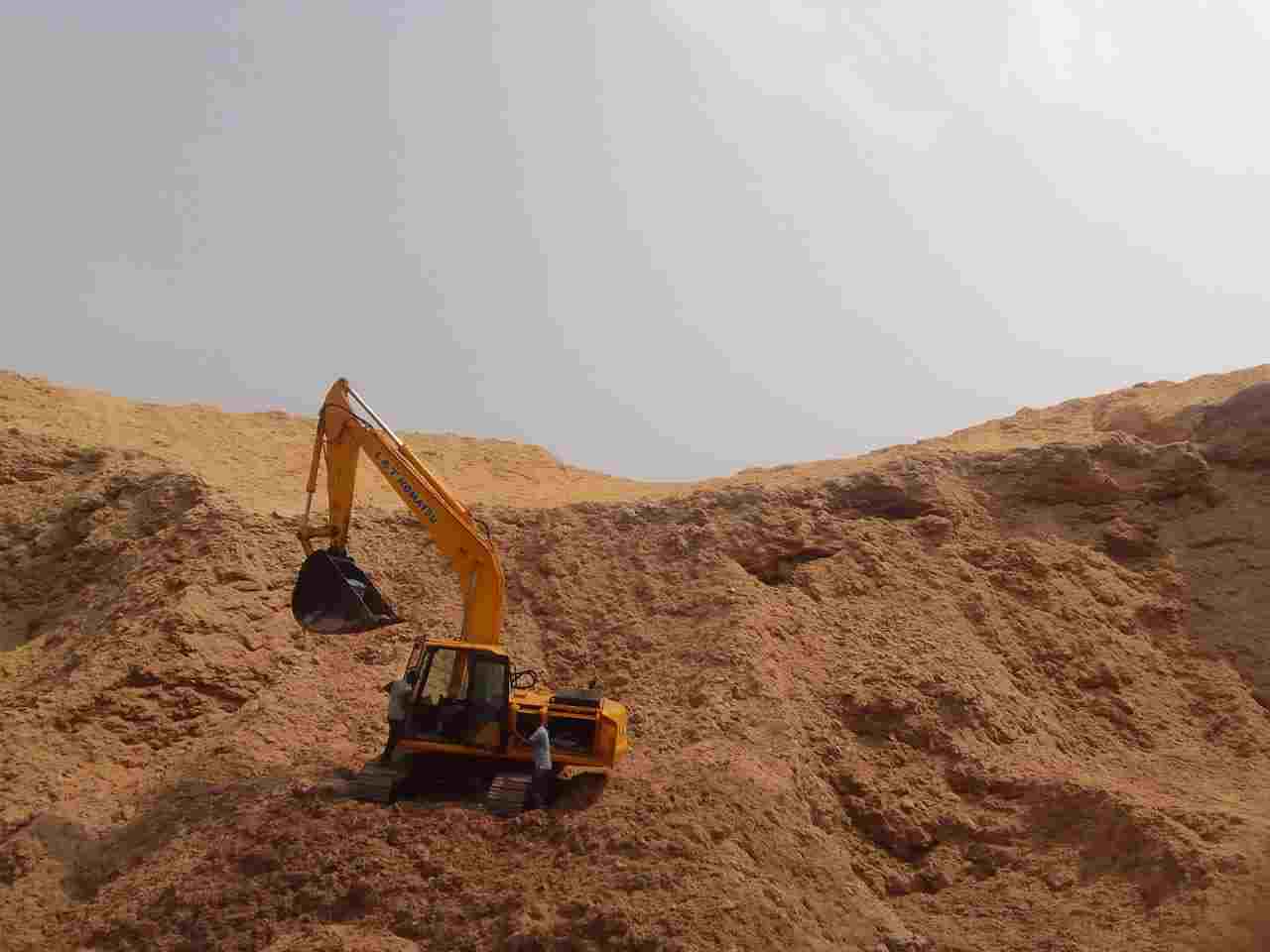

The Ministry of New and Renewable Energy (MNRE) is mulling to establish biomass briquette and pellet manufacturing facilities in the states of Punjab and Haryana. The key objective of the initiative is to combat the persistent pollution issue resulting from stubble burning in these two states known for intensive paddy cultivation.
According to reports, MNRE’s biomass program intends to facilitate the establishment of biomass briquette and pellet manufacturing units, along with supporting biomass (excluding bagasse) cogeneration projects in various industries across the country.
This endeavor of the Central Government aims to curb stubble burning by utilizing excess agricultural residue, thereby offering farmers an additional source of income through the sale of surplus agricultural residue while promoting environmentally sustainable practices to mitigate pollution.
MNRE will extend central financial assistance to project developers and service charges to implementing agencies and inspection agencies for the establishment of briquette and pellet manufacturing plants, as well as biomass cogeneration projects in industrial sectors.
Notably, the Ministry of Power is executing a National Mission named SAMARTH (Sustainable Agrarian Mission on Use of Agri Residue in Thermal Power Plant), focusing on utilizing biomass in coal-based thermal power plants.
According to one estimate, approximately 22 million tonnes of paddy straw are burnt in Punjab and Haryana every year, leading to severe pollution, particularly in the Delhi-NCR regions, which often experience hazardous levels of smog during the post-harvest period in October-November. Stubble burning releases significant amounts of ash, soot, and unburnt carbon into the atmosphere, contributing substantially to air pollution.
Moreover, agricultural residue remains an underutilized resource, with an estimated annual quantity of around 250 million metric tonnes. Pellets, when used in coal-fired power plants, undergo complete combustion, with the emitted ash being effectively managed through advanced technology.
Setting up of new briquette and pellet manufacturing facilities will not just help curb pollution but also open new revenue streams for the farming community.
1. The mandate for blending Compressed Biogas (CBG) with natural gas has come into effect…
Andhra Pradesh is striving towards greening its energy sector with quite some speed. In a…
With an objective to bolster India’s green energy goals, a Tripartite Agreement has been signed…
The Union MNRE Minister Pralhad Joshi launched the Green Hydrogen Certification Scheme of India (GHCI)…
India’s energy conglomerate Bharat Petroleum Corporation Limited (BPCL) has commissioned a 5MW green hydrogen plant…
In a historical development, the European Space Agency (ESA) has successfully launched its pioneering ‘Biomass’…
View Comments
Amazing! This blog looks just like my old one! It's on a totally different topic but it has pretty
much the same layout and design. Outstanding choice of colors!